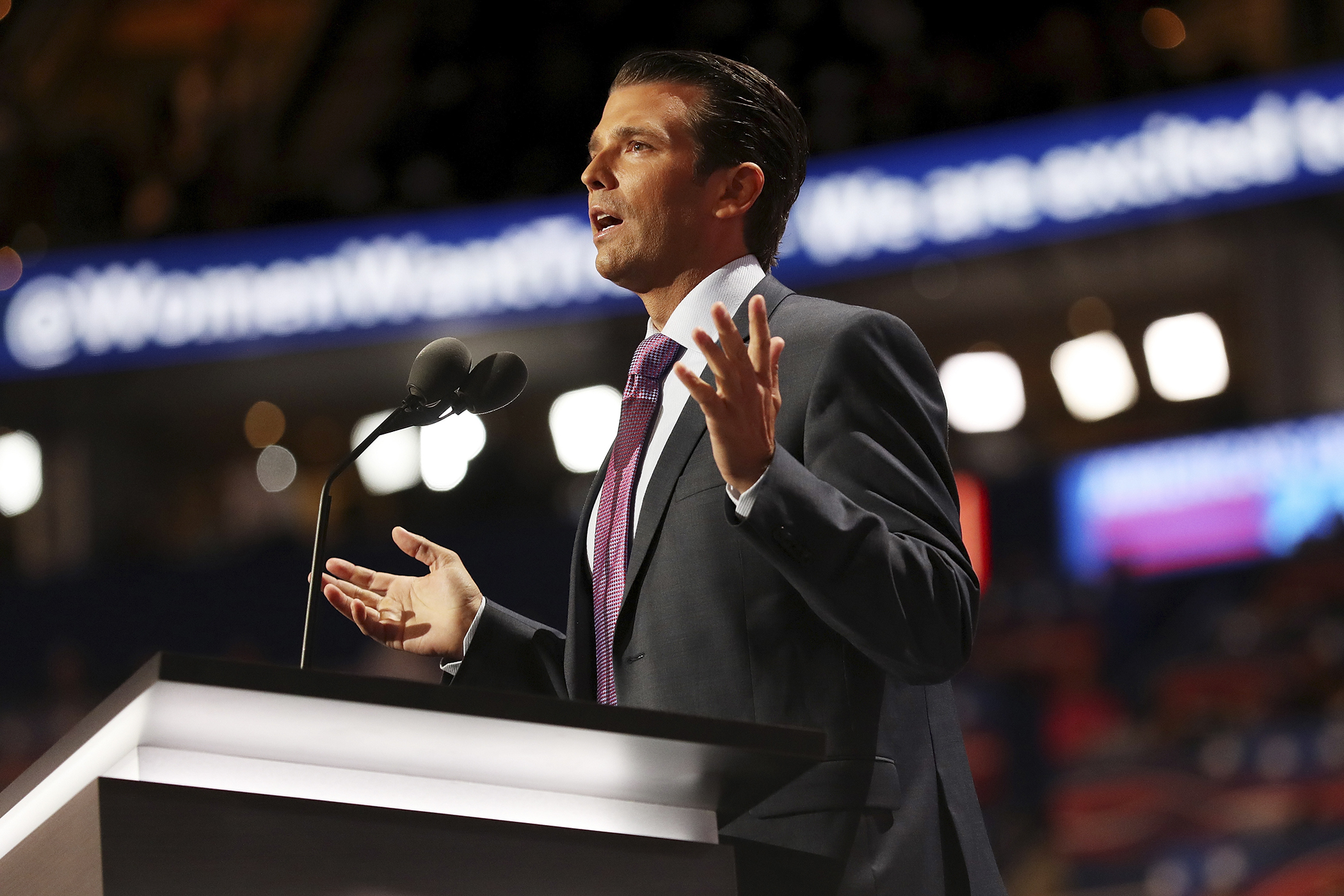
As they gather in Philadelphia Monday to nominate Hillary Clinton, Democrats plan to take a lesson, if not outright direction, from their playbook for defeating the last wealthy Republican nominee, Mitt Romney.
Four years ago, Barack Obama relentlessly caricatured Romney as an out-of-touch millionaire, who could not relate to the needs and concerns of ordinary workers. Clinton’s campaign plans to do the same — and worse — with their new enemy, Donald Trump, honing their attack on the bombastic billionaire, as a leader who only looks out for himself.
Joel Benenson, the Obama-turned-Clinton ad-maker, previewed the assault in an interview with TIME. “He’s been a deadbeat when it comes to paying people who did work for him, and I don’t think that’s what white working-class voters are looking for in a President,” said Benenson.
The Clinton campaign released a web video before the Republican convention, featuring an architect who was denied payment from Trump for designing one of his golf clubhouses reminiscent of a 2012 gut-wrenching Priorities USA spot. A piano dealer who was allegedly stiffed by Trump was featured in a similar spot released during the convention.
In that ad, a former worker at a company owned by Romney’s former firm, Bain Capital, recounted building a stage that management used to announce everyone in the factory would be laid off. “Turns out that when we built that stage, it was like building my own coffin,” said Joe Soptic, the former employee. The ad laid the groundwork for a series of ads run against Romney later that year, and only magnified by his comments that 47% of the country would vote for Obama no matter what, because they are dependent on government and consider themselves victims.
But Trump is no Romney. The former Massachusetts governor was the embarrassed plutocrat. Trump is the braggart who has been caught inflating his own wealth, as he spent his adult life courting the limelight. Trump has always specialized in being a wealthy role model for working people, a fact that his campaign emphasized several times during the Republican convention in Cleveland. “We’re the only children of billionaires as comfortable in a D10 Caterpillar as we are in our own cars,” said Trump’s son Donald Jr. during his convention speech. “He knows that at the heart of the American dream is the idea that whoever we are, wherever we’re from, we can get ahead.”
Trump’s appeal to the white working class, which has been evident in public polls, has always been ascribed by his aides to his ability to cross class barriers. “I think people look at his success and see the American Dream,” former Trump campaign manager Corey Lewandowski told TIME.
Former Romney senior advisor Stuart Stevens called the perception that Romney was done in by the negative ads a “myth,” saying demographics were a greater factor in his loss. “The exit polls showed Romney getting killed on ‘cares about us,’” he said. “But we had tracked that across campaign and it was stable at about -10, which is fairly normal for R vs. D.” The real thing that moved that number, Stevens added, was Hurricane Sandy, which hit the East Coast just days before the election. “It shot up 40 points with Sandy,” said Stevens. “[It] wasn’t a function of advertising.”
Matt McDonald, a partner at the D.C. firm Hamilton Place Strategies, who led the Romney campaign’s defense on his wealth, said he doubted the attack would stick on Trump the way it did on his former boss. “You’re talking about a guy who has spent his entire life talking about how rich he is. So the out-of-touch argument, I’m not sure that’s new information.”
“There is no question that some of the things that were said about Mitt Romney were about businesses that went out of business, whether it was because of too much debt, whatever,” Benenson said, before arguing that Trump was a far easier target. “This guy refused to pay people who were doing the work. He put small businesses out of business. He refused to pay workers like painters and carpenters.”
Benenson suggested the campaign had a lot more examples to roll out.
“Suffice it to say,” he said, “there are ample opportunities to have hard-working Americans talk about the damage that Donald Trump caused in their lives.”
More Must-Reads from TIME
- Why Trump’s Message Worked on Latino Men
- What Trump’s Win Could Mean for Housing
- The 100 Must-Read Books of 2024
- Sleep Doctors Share the 1 Tip That’s Changed Their Lives
- Column: Let’s Bring Back Romance
- What It’s Like to Have Long COVID As a Kid
- FX’s Say Nothing Is the Must-Watch Political Thriller of 2024
- Merle Bombardieri Is Helping People Make the Baby Decision
Contact us at letters@time.com